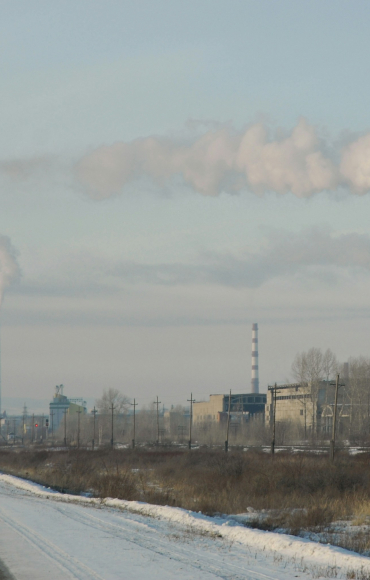
The Poison of Prishtina That Makes Every Breath a Struggle
The Poison of Prishtina That Makes Every Breath a Struggle A winter morning in Prishtina often begins under a heavy, grey sky, where the air feels thick and each breath reminds you of the...
In 2022, deadly air pollution from the Western Balkans’ coal power plants increased compared to 2021, according to the fifth Comply or Close report, published today (1). Emissions of all three regulated pollutants – sulphur dioxide (SO2), dust and nitrogen oxides (NOx) grew and for the first time, the region’s overall limit for NOx was breached.
Five years since pollution control rules came into force under the Energy Community Treaty, SO2 emissions from coal plants included in the National Emissions Reduction Plans (NERPs)(2) of Bosnia and Herzegovina (BiH), Kosovo, North Macedonia and Serbia were still collectively 5.6 times as high as allowed.
Regionally, dust emissions also increased compared to 2021, and in 2022 were in total nearly 1.8 times as high as allowed. NOx slightly exceeded the sum of the countries’ ceilings due to a lack of pollution control investments, increased emissions and tighter year-on-year limits in the NERPs.
For the first time since the rules entered force in 2018, North Macedonia’s Bitola B1+2 units had the highest SO2 and dust emissions in the region – and both almost doubled compared to 2021. The reasons for this drastic increase are not clear, but the use of a different kind of coal may have contributed.
In 2022, Kosovo continued to breach its limits for all three pollutants. Dust pollution has been the country’s biggest problem since 2018, and in 2022 was 4.3 times above the national limit. But in 2022, SO2 and NOx emissions also increased significantly compared to 2021.
SO2 emissions were 1.8 times above the limit, a considerable increase from the previous year. In addition, the country stands out regionally for the highest breach of the NOx ceiling – 1.68 times as much as allowed.
The Energy Community Secretariat has opened a number of dispute settlement cases against all the Western Balkan countries that use coal (3), but this has not yet resulted in significant action by the governments and electricity companies.
Ioana Ciuta, Energy Coordinator at Bankwatch – ‘Two contradictory trends are currently underway: The region’s antiquated coal plants are increasingly unreliable, but the energy crisis has distracted governments and utilities even further from a sustainable energy transition. At the moment ‘close’ looks much more likely than ‘comply’, and there’s an increasing danger that this will be uncontrolled. All the countries need to show in their National Energy and Climate Plans what they will do, but in most cases not even a draft has been publicly available so far.’
This publication is also available in English, Bosnian and Serbian.
Check the Comply or Close page for more information.
The 'Comply or Close' publication has been financed by the Swedish International Development Cooperation Agency - SIDA, and European Union.